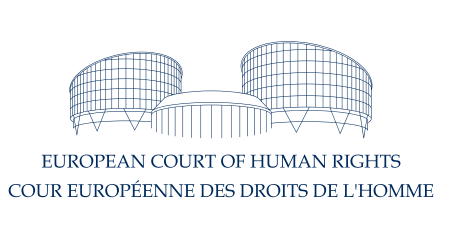On 26 April 2022, the Court gave its judgment in the case of M.A.M. v. Switzerland, concerning a Pakistani national whose asylum claim had been rejected. The applicant converted to Christianity whilst his asylum claim was being processed in Switzerland. Following its rejection, the applicant’s appeal on the grounds of his recent conversion was subsequently rejected by the Federal Administrative Court. The applicant claimed to the Court under Articles 2, 3 and 9 of the Convention.
In its analysis of the complaints, the Court firstly noted that the state authorities were aware of the applicant’s involvement and worship activities with the Salvation Army but failed to react or ask him about these activities. The Court furthermore noted the absolute nature of Article 3 rights and the vulnerable situation that asylum seekers find themselves in and reiterated the obligation on States to assess a risk of ill-treatment once they become aware of facts which may expose an individual to such a risk.
The Court then turned its attention to the level of persecution experienced by Christians in Pakistan and the applicant’s risk of treatment contrary to Article 2 and 3 if returned. It determined that the Federal Administrative Court had investigated the situation for Christians in Pakistan (of which it had concluded that there was no risk of collective persecution) but that it should have additionally considered the specific situation of converted Christians. The Court furthermore investigated the applicant’s personal situation in light of the Article 2 and 3 risks and deduced that the Federal Administrative Court had not conducted a sufficiently thorough examination of the situation of converts to Christianity and of the applicant’s personal situation regarding his conversion, the seriousness of his convictions, the way in which he expressed his faith in Switzerland and intended to express it in Pakistan, his family’s knowledge of his conversion and his vulnerability to expulsion and accusations of blasphemy. In light of these findings, the Court held that there would be a violation of Articles 2 and 3 if the applicant was returned to Pakistan in the absence of a thorough and rigorous ex nunc assessment by the Swiss authorities of the general situation of Christian converts in Pakistan and of the applicant’s personal situation as a Christian convert in the event of his return. Regarding the applicant’s claim under Article 9 of the Convention, the Court did not identify a separate issue and therefore held that there was no need to examine it separately.
Based on an unofficial translation from within the EWLU team.

